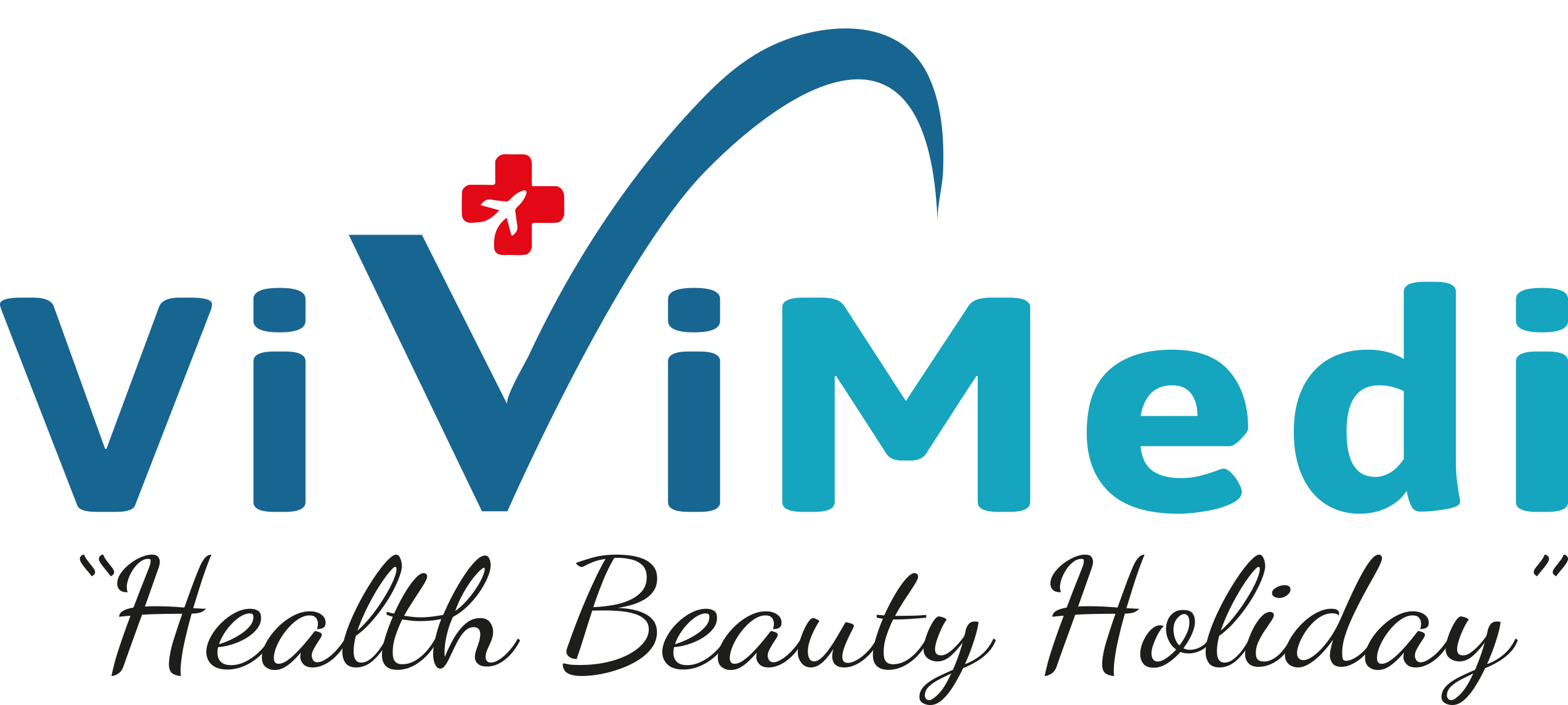Dental health, also known as oral health, refers to the condition of your teeth, gums, and entire mouth. It encompasses various aspects, including the absence of dental diseases such as tooth decay, gum disease, and oral infections, as well as the overall well-being of your oral tissues and structures. You will see some important tricks about the “How to prevent dental health condition?” question in this text.
- Practice Good Oral Hygiene:
- Brush your teeth at least twice a day with fluoride toothpaste. Use a soft-bristled toothbrush and brush gently in circular motions.
- Floss daily to remove plaque and food particles from between your teeth and along the gumline.
- Consider using an antimicrobial mouthwash to help reduce plaque and gingivitis.
- Maintain a Balanced Diet:
- Limit sugary and acidic foods and drinks, as they can contribute to tooth decay and erosion.
- Eat a balanced diet rich in fruits, vegetables, lean proteins, and whole grains to support overall oral health.
- Drink plenty of water throughout the day, especially after consuming sugary or acidic foods.
- Visit Your Dentist Regularly:
- Schedule regular dental check-ups and cleanings at least every six months, or as recommended by your dentist.
- Dental professionals can detect early signs of dental problems and provide preventive care to maintain oral health.
- Avoid Tobacco Products:
- Smoking and using tobacco products can lead to gum disease, tooth decay, oral cancer, and other serious oral health issues.
- Quit smoking or using tobacco to reduce your risk of developing dental health conditions.
- Protect Your Teeth:
- Wear a mouthguard when participating in sports or activities that could result in dental injuries.
- Avoid using your teeth as tools to open bottles or packages, as this can cause cracks or chips.
- Practice Proper Tooth Care Habits:
- Replace your toothbrush every three to four months, or sooner if the bristles are frayed.
- Store your toothbrush in an upright position and allow it to air dry between uses to prevent bacterial growth.
- Avoid brushing too hard or using a toothbrush with hard bristles, as this can damage the gums and enamel.
- Manage Stress:
- Stress can contribute to teeth grinding (bruxism), which can lead to tooth wear and jaw pain.
- Practice stress-reduction techniques such as deep breathing, meditation, or yoga to help relax your jaw muscles and reduce the risk of bruxism.
- Monitor Your Oral Health:
- Be aware of any changes in your mouth, such as tooth pain, sensitivity, bleeding gums, or persistent bad breath.
- Contact your dentist if you experience any oral health concerns, as early intervention can prevent dental issues from worsening.
By incorporating these habits into your daily routine and prioritizing preventive dental care, you can maintain optimal oral health and reduce the risk of developing dental health conditions. Remember, prevention is key to a healthy smile and overall well-being. Click here to book your free online dental consultation.


